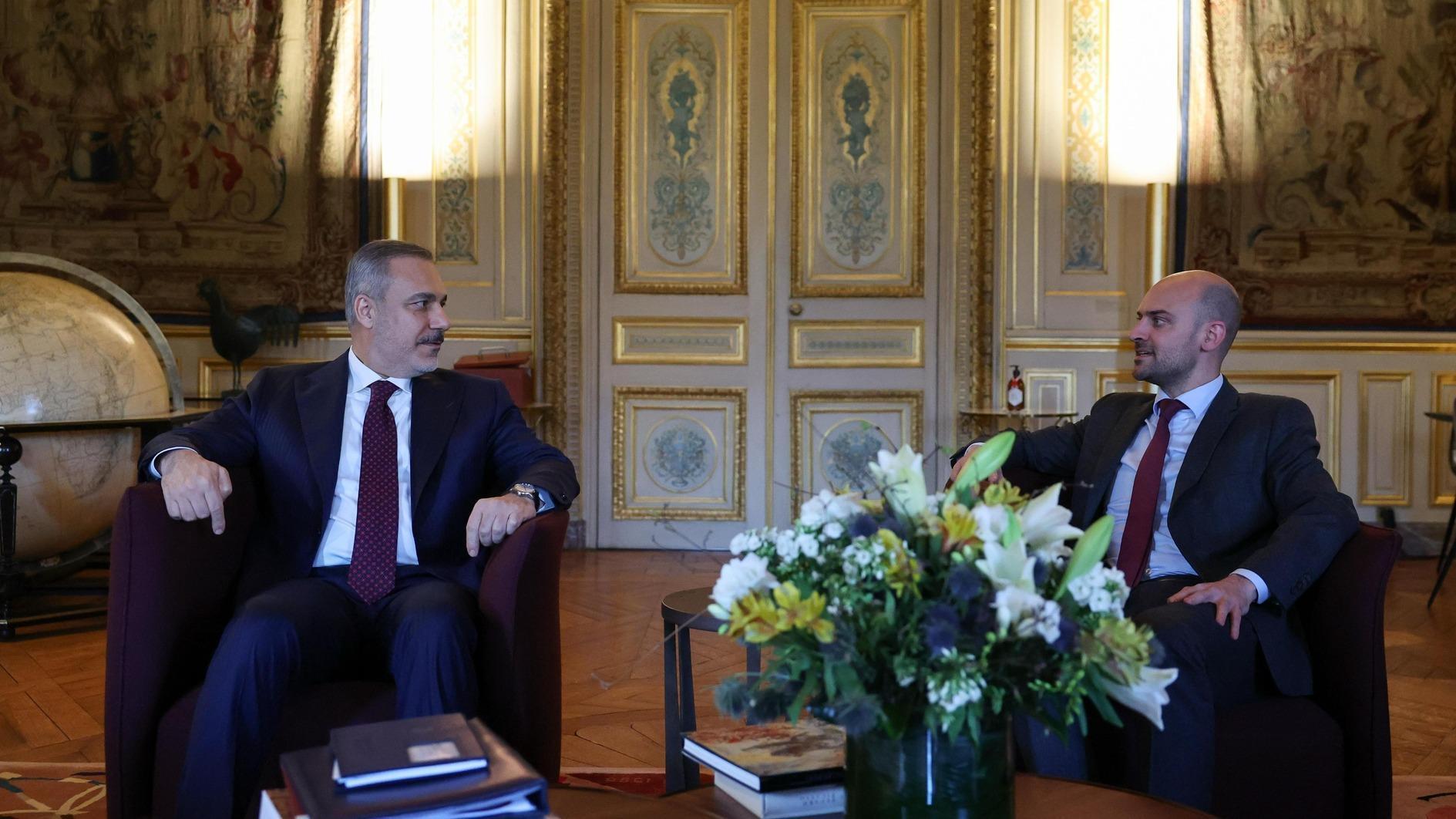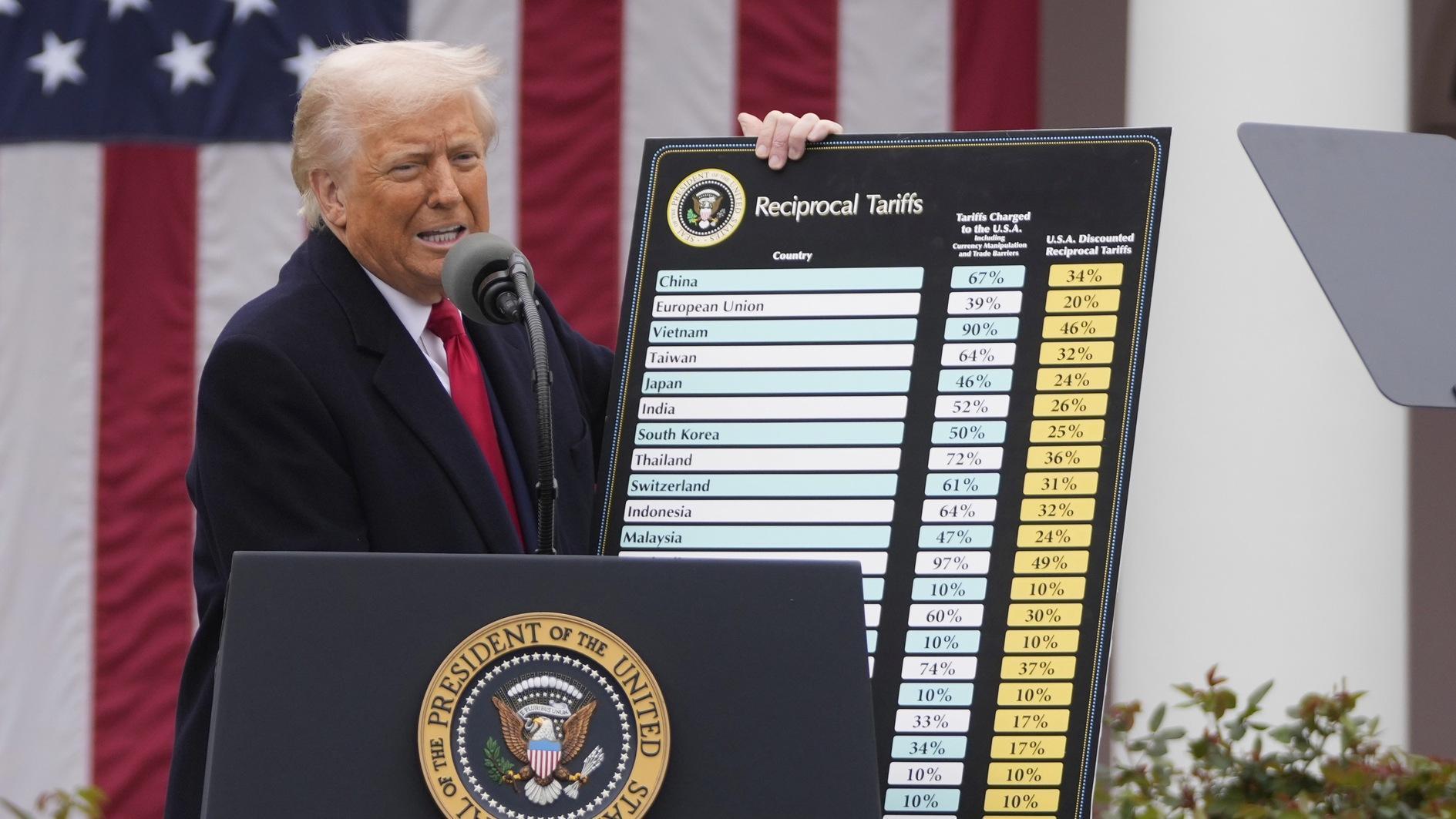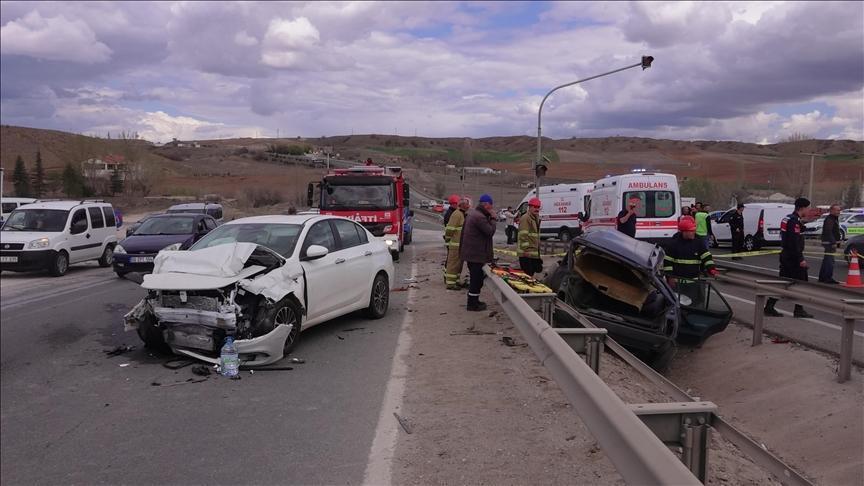Turkey’s new war
PAUL IDDON
Headlines in recent days illustrate just how rapidly Turkey has become convulsed by renewed conflict with the Kurdistan Workers’ Party (PKK). The killing by the latter of several soldiers of the former’s army has led to increased air strikes against PKK positions in the Kandil mountain range in neighboring Iraqi Kurdistan.Turkish Prime Minister Ahmet Davutoğlu declared Ankara would not stop bombarding PKK forces there until they are “cleaned” and “wiped out” from that area. Unfortunate formulations on his part considering the many connotations those terms have in relation to conflict and war.
More tit-for-tat attacks will likely ensue in the coming days and weeks and with it, the situation will continue to spiral out of control, along with riots in southeastern Turkey and, naturally, more heavy-handed responses from the military and security forces. This all escalated very quickly and goes to show how tenuously difficult and intricate the forging of peace is and how easily hostilities can be reignited.
One laments this latest war not only for the casualties it will cause. Not only for the innocent Kurds and Turks which have and will die as a result of it. But for the much more general regression it constitutes. If this persists, the many very real cultural, economic, political and societal advances Turkey has made in the past 13 years will be setback.
I’m sure you’ve heard the term “separatist organization” used to describe the PKK. I find this description problematic. Yes, when the PKK took up arms against Ankara in 1984, it claimed to be fighting on behalf of Turkey’s Kurds for cultural and political autonomy and/or, yes, separation in the form of an independent Kurdish state in southeastern Turkey. But the Turkey of then and modern-day Turkey are two very different places. Indeed Turkey’s Kurds have attained the rights the PKK claimed to be fighting for. They have language rights and they can, for the most part, practice their cultural traditions without fear of discrimination, marginalization or persecution. Which is why the PKK and many of its supports advocated a federalist republic.
One was initially hopefully about the peace talks between Ankara and the PKK which led to the, now broken truce, in early 2013. Even though it has broken down, that ceasefire and truce showed what was possible.
The Kurds were emancipated in Turkey in ways they were never before. Having Kurdish parties represent them in parliament would further go to demonstrate the equal status of Kurds. And not only that, give them a vested interest in keeping the peace, furthering Turkey’s progress as a nation unified out of a common self-interest in its success. Alas, events of recent weeks have drastically setback such hopes.
President Erdoğan’s seething denunciation of the leftist-Kurdish Peoples’ Democratic Party’s (HDP) winning of some seats in parliament last June was a bad sign. His critics believe that he is consciously trying to weaken the PKK so it can negotiate with them from a position of strength and drive the HDP from parliament in the upcoming snap elections in November. However, what they have done through the nature of this crackdown is embolden those in the PKK who seek separation. The longer this persists, the stronger these sentiments may become. And that will have the regressive effect in undoing those many positive aforementioned changes brought about by reforms over the years which made the potential of a binding peace accord possible to begin with.
If Erdoğan is conclusively shown to prefer a destabilizing and destructive war with the aim of weakening the PKK in order to squeeze further concessions out of them at the negotiations table than tolerating a Kurdish political party being elected to a small number of seats in parliament, then his actions will refuel a hitherto declining desire for separation in Turkey’s southeast. Continued escalation could plunge Turkey into a prolonged conflict, which would have adverse effects on the society.
As the bombs continue to go off and as the death toll continues to rise, one is left pondering what could have been and left with a renewed feeling of cynicism concerning what the future has in store for Turkey and its people.











